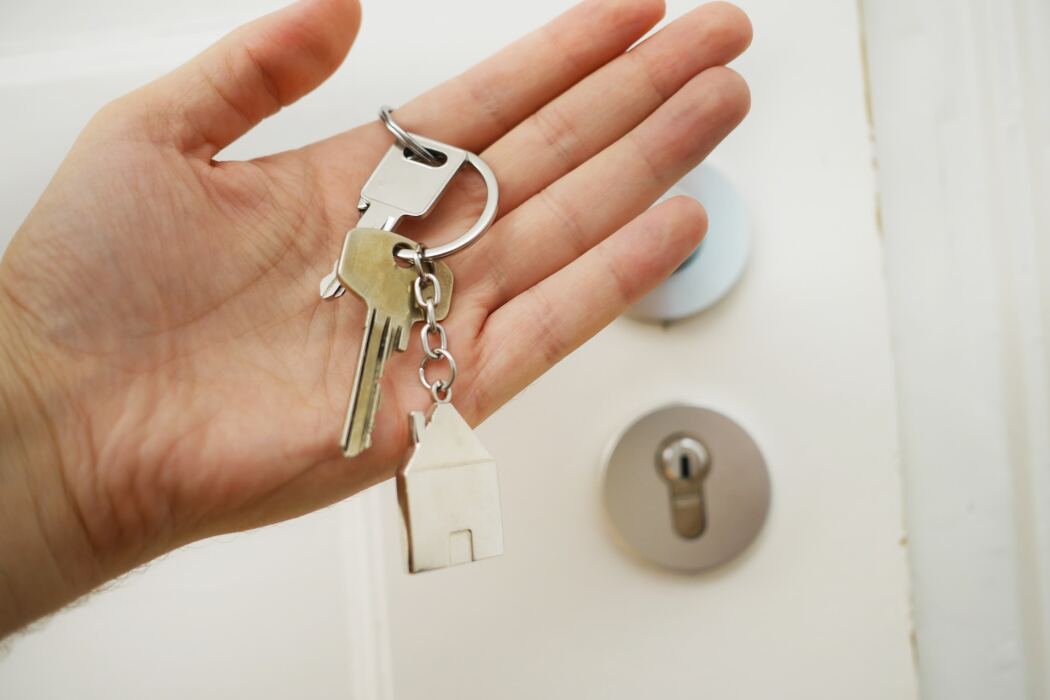The chaos of municipal capital gain tax
Real estate
Before selling a property, it's crucial to first crunch the numbers. If buying a flat involves expenses, selling it can also entail costs, which are often high.
One of the potential expenses is the municipal capital gain tax, a constant source of inquiries lately. Until recently, it was a tax based on the fiction that the value of the land increases over time (the brick never goes down, sound familiar?) and therefore, the longer you have owned a property, the more you have to pay. A relatively simple calculation formula, but totally unfair and disconnected from reality.
The burst of the housing bubble made it clear that real estate prices can also fall, and it didn't make sense to pay this tax if there had been an economic loss.
Judicial claims led to the annulment of the tax and the rushed drafting of a new one. As often happens, things done in haste are patchworks, and we'll see how long the current configuration lasts.
Right now, you can choose between two ways of calculation. You can calculate it based on the actual profit made from the sale (which also taxes income), or opt for an objective formula based on the cadastral value. You are allowed to choose the more beneficial option.
The most immediate consequence will be the impact on municipal budgets (it is estimated that the capital gain tax contributes about 4 billion euros), and addressing the proper financing of municipalities should be the goal. It seems that this new regulation is just a stopgap measure that will have to be resolved by whoever comes next.
Meanwhile, the taxpayer is a little better off than before but with the feeling that one patch is being made after another, and with the legal uncertainty that often affects the real estate sector.
We will wait for the next annulment/modification of the tax to see what it brings.



